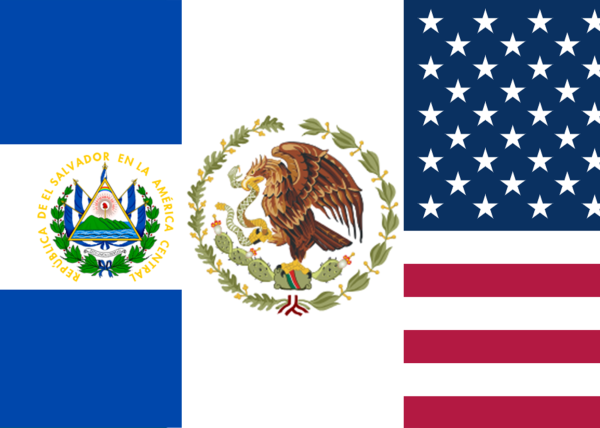The Integrity of Education Must be Preserved
More stories from Aly Honore
Looking for an escape from enlightening discussions about race, politics, gender and all things cultural? Well with trigger warnings in course descriptions, selective learning becomes even more attainable for the average intolerant student.
If trigger warnings are implemented, courses that cover potentially controversial or sensitive topics will warn students about that in the course description. The thing about trigger warnings disclaiming courses involving sensitive discussion, is that it allows one to simply opt out of knowledge. It gives students the option to blind themselves to diversity, insightful thought, social responsibility and political correctness.
The purpose of community college is accessible knowledge. This generation will be the new leaders; this generation is supposed to spearhead the next great innovations. But how can students do that if course descriptions are coddling ignorance and deceiving us into thinking that one does not have a moral obligation to acknowledge controversy with an educated approach.
Students will become a product of the antiquated tactics generations before us have clung to; not addressing social injustice. Not allowing discussion about diversity, misrepresentation in media and lack of affirmative action will halt the youth’s progression as a population.
If students deflect the taxing conversations and content that allow for personal growth and forbearing knowledge, they’ll be halted as a generation. Students will not be pushed into social consciousness and will not have to address the racial tension and socio-economic injustice that plagues the nation.
Ignorance is not bliss. Ignorance leads to oppression towards minority and underprivileged demographics.
Supporters of trigger warnings may argue that students are more comfortable when they’ve been warned ahead of time of sensitive conversation or content.
However, many professors find trigger warnings damaging to educational freedom. Trigger warnings lessen the chances to actually introduce new information to students who may not have otherwise gained such knowledge. More information on subjects that most people avoid will ultimately attribute to their character and social benevolence.
Offensive content in the classroom is something to be discussed. By implementing trigger warnings, the school is undermining the social and political maturity of its students. Any potentially ‘traumatic’ content as proponents of trigger warnings may call it, is precisely the type of content that should be appropriately addressed by community college students; after all, we are adults here.
Considering the circumstances the country currently finds itself in, it’s safe to say that the population can only move forward with empathy and understanding. If students neglect to learn what they don’t understand about others, our post-graduate lives will perpetuate social friction and chaos.
History courses, for example, must address America’s unbecoming past. The inhumane treatment of Africans, women, and any non-white male in the past is simply fact that people often fail to acknowledge. Refusing to acknowledge the nation’s past and present shortcomings is offensive to those who have been disrespected by societal discrimination. Allowing trigger warnings can veer students away from basic general education courses out of fear of an awkward conversation about slavery or misogyny.
Not only must these unpleasant topics be addressed, they must be deliberated on in order for students to become positive and socially aware members of society.
Social intolerance stems from a lack of knowledge, and trigger warnings in course descriptions will merely allow students to remain uninformed and intolerant of diversity.








